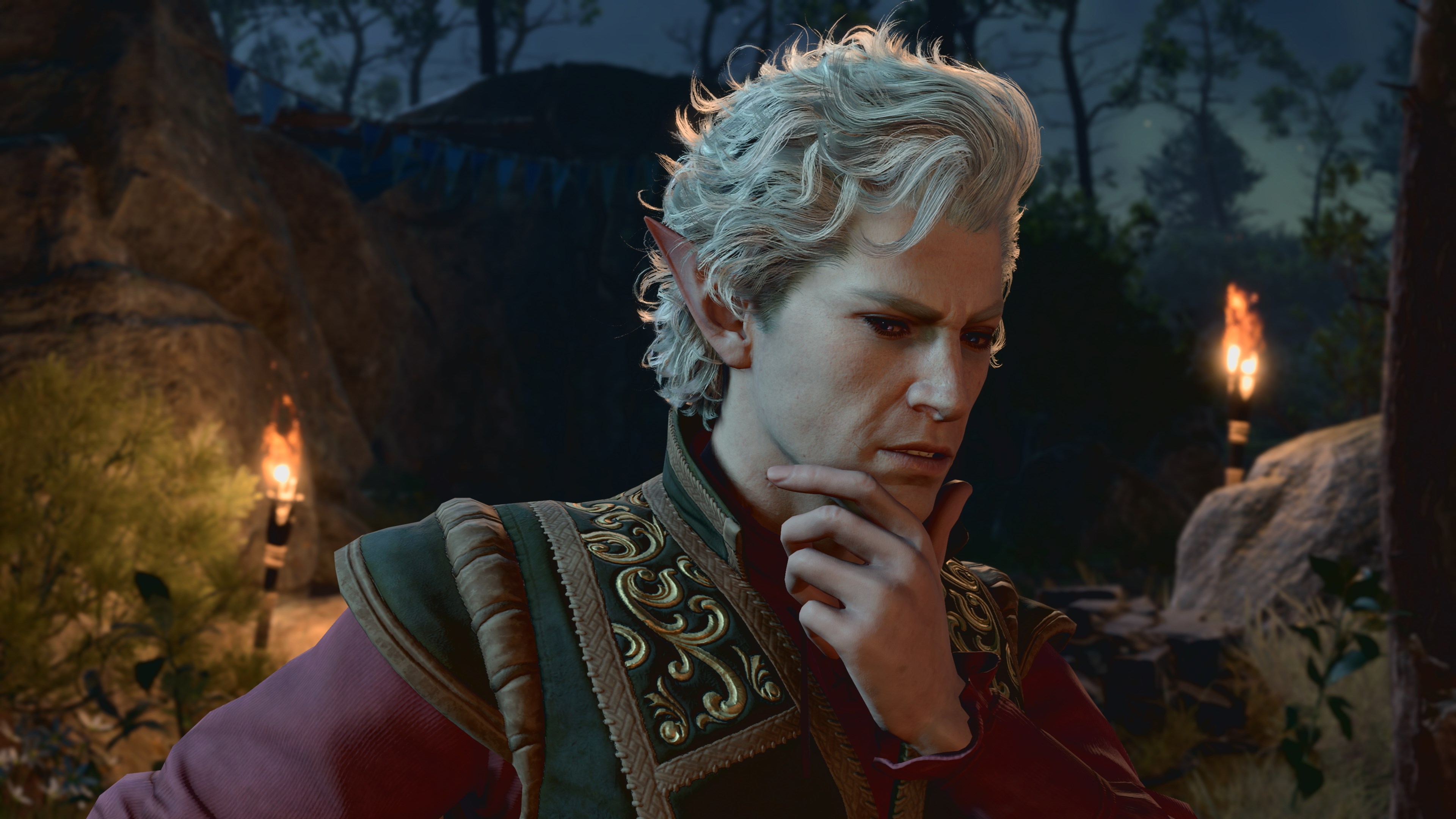
Stealth in Baldur's Gate 3 works like you'd expect if you've snuck around in other games, but a number of things can reveal you if you're not careful. A keen understanding of the RPG's stealth mechanics, stats, and stealth checks will make slipping into the shadows much easier.
Combat encounters in Baldur's Gate 3 can go from trivial to hellish quickly, especially if you ignore the many ways you can gain advantages in a fight. Stealth, which is improved by your dexterity, is one such method, allowing you to tiptoe around the battlefield and surprise enemies with an advantage to your initial attack.
"Hide" is an action that every character has from the start, but to slip past particularly perceptive enemies you'll have to successfully pass stealth checks. By default, you can force a character to Hide by pressing C as long as you're not directly in someone's vision. Shift + C will activate Hide for your entire party. The only way to break out of hiding (other than reactivating the ability) is to use an action or be caught by an enemy.
As soon as your character crouches, enemy vision is projected onto the ground in red. If you step into these zones, you'll have to pass a stealth check to go unnoticed. There are a few things that determine the odds of you passing a stealth check: your dexterity, your proficiency in stealth, the enemy's perception, and how obscured you are by the light in the environment (represented by the sun icon on your cursor).
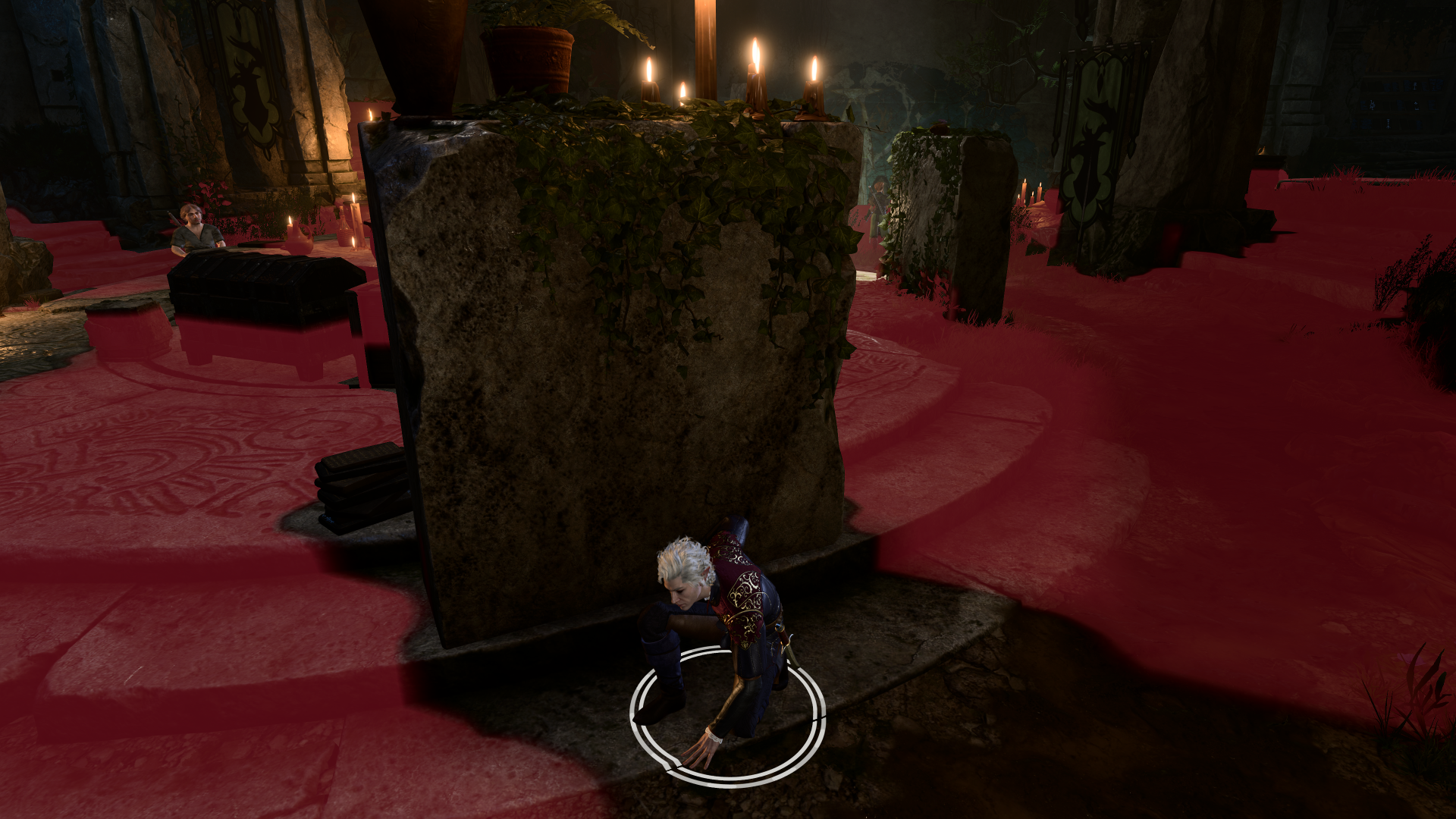
How stealth rolls work in Baldur's Gate 3
Here's how each of them influence your stealth check dice rolls in Baldur's Gate 3:
- Your dexterity adds to your rolls for stealth checks
- Your stealth proficiency adds to your rolls for stealth checks
- An enemy's perception skill is rolled against your stealth skill when you step into their vision
- The light condition in an area determines if you have to make a stealth check when you get caught: fully visible (can't enter hiding at all), lightly obscured (yes), and heavily obscured (no, unless the NPC can see in the dark)
Useful keybinds for stealth in Baldur's Gate 3
Here are some keybinds to remember if you're planning to sneak around a lot:
- C — activates hiding for your selected character
- Shift + C — activates hiding for your party
- Shift (hold) — Displays NPC vision cones
- Shift + Space —- Enters and exists turn-based mode for predictable stealth checks
- F5/F8 — Quicksave and quickload to retry stealth checks if that's your thing
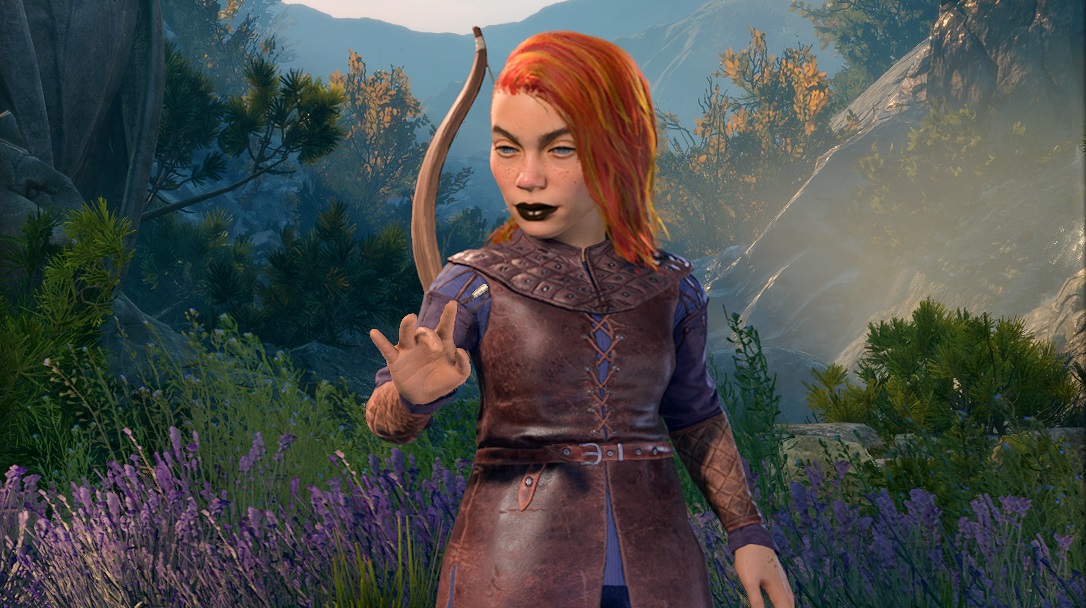
When to use stealth in Baldur's Gate 3
Once you successfully enter stealth, you'll have several ways to use it:
- Avoid enemies in hostile areas
- Sneak attack for extra damage and surprise enemies, making them unable to perform actions for a whole round
- Pickpocket NPCs and enemies
- Avoid traps
- Escape combat
The best Baldur's Gate 3 classes for stealth and how to excel at it
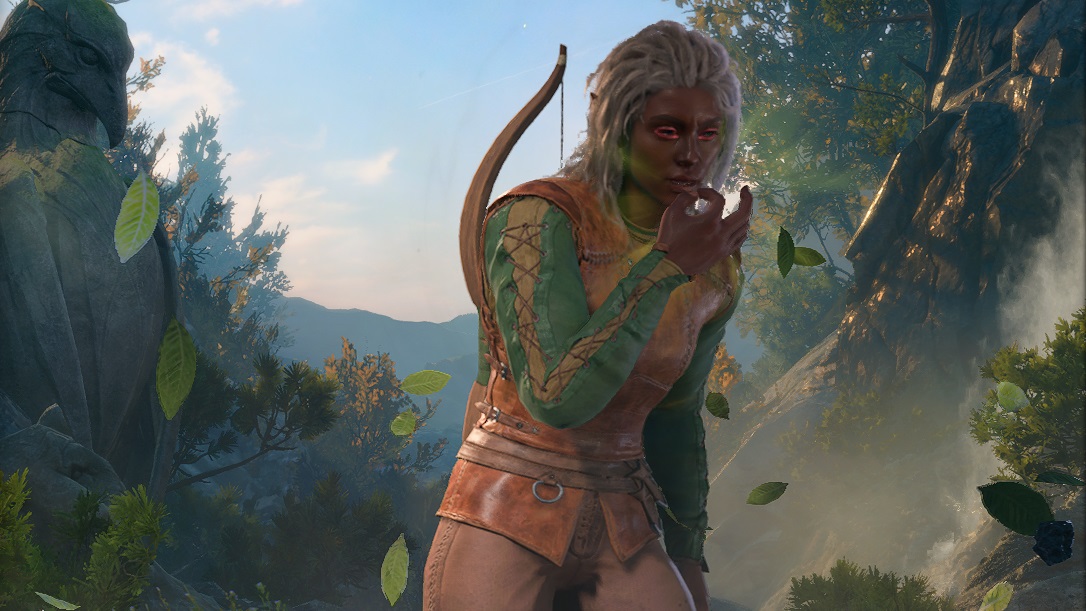
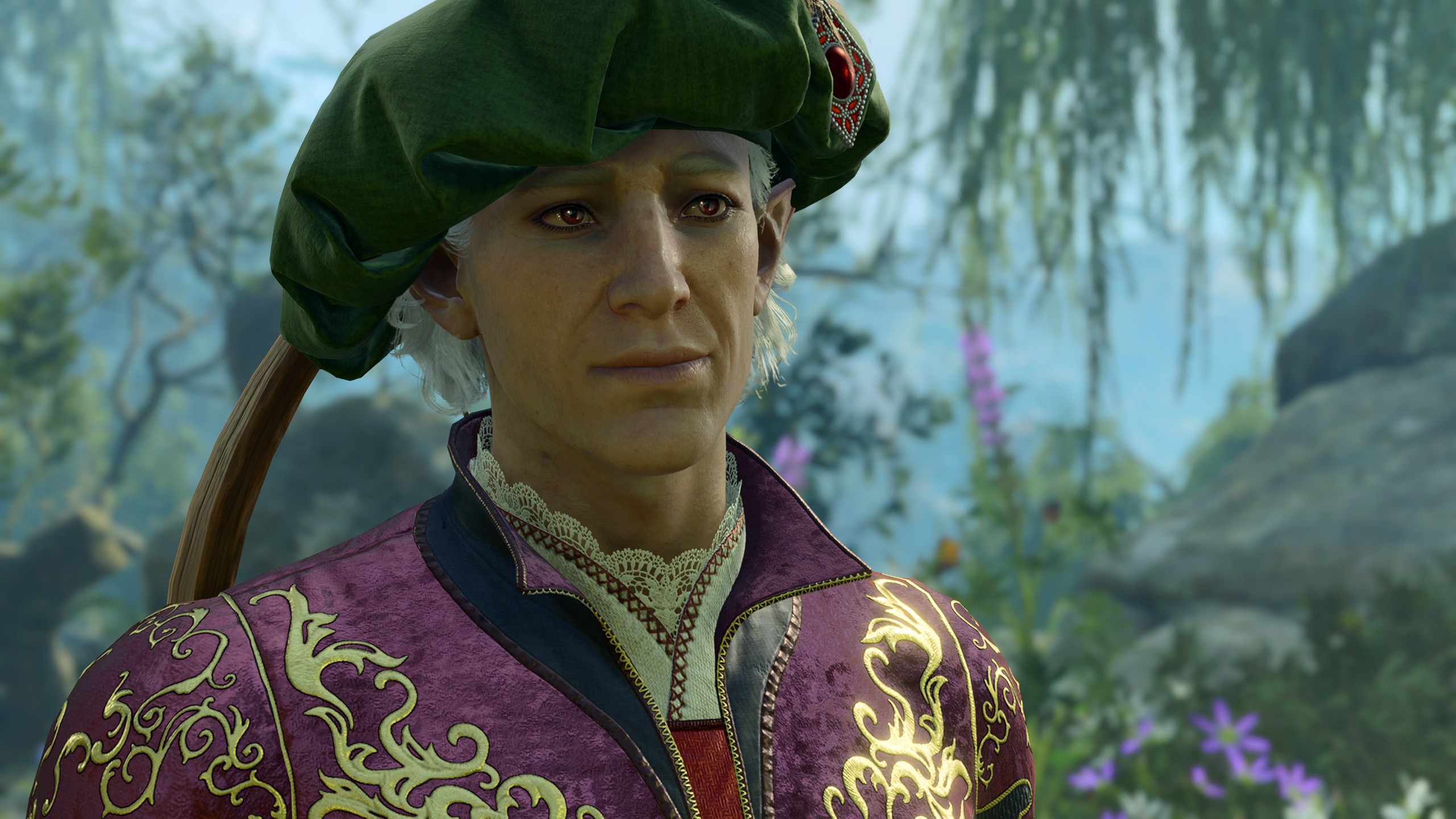
Baldur's Gate 3 guide - Everything you need
Baldur's Gate 3 tips - Be prepared
Baldur's Gate 3 classes - Which to choose
Baldur's Gate 3 companions - Party up
Baldur's Gate 3 romance - Who to pursue
Baldurs Gate 3 party - Switch it up
Baldur's Gate 3 spells - Learn the basics
Baldur's Gate 3 revive - Back to life
Baldur's Gate 3 Soul Coins - Find them all
Rogues and Rangers are the only classes in Baldur's Gate 3 that can choose to be proficient in stealth and are the best choices if you want to stay hidden as much as possible. Rogue's can take the Assassin sublcass that makes sneak attacks extremely deadly on characters who haven't taken a turn yet. Other classes can enter stealth but will struggle to stay hidden while passing through an enemy's vision. Character who wear medium armor, for instance, usually have a disadvantage on stealth checks (unless you find some fancier armor later on).
When preparing for a fight, it's often a good idea to ungroup your sneakiest party member from the pack to get them in position first. It's actually possible for some members to enter turn-based combat while the rest are still in real-time, allowing them to walk around normally while enemies are frozen in time.







